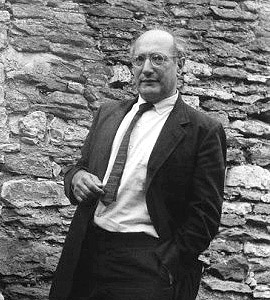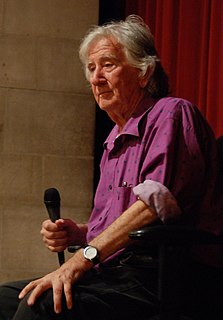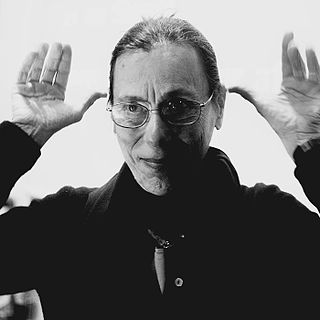A Quote by Bruno Dumont
My thinking was that today's spectator is so well-versed in film language that all theories about suspense, as argued by Dreyer and Hitchcock, on what makes you scared in cinema, can be ditched. It's the spectator, finally, who's going to construct the menace and the fear.
Related Quotes
Cinema builds memories; great films continue to exist in the spectator's mind. We are naturally capable of and prone to nostalgia. A spectator will reconstruct a film he or she has seen, years later, and may even change their original opinion. One critic, for example, once gave the finger to one of my films; later he wrote me to apologize.
No to spectacle no to virtuosity no to transformations and magic and make believe no to glamour and transcendency of the star image no to the heroic no to the anti-heroic no to trash imagery no to involvement of performer or spectator no to style no to camp no to seduction of spectator by the wiles of the performer no to eccentricity no to moving or being moved.
My films are intended as polemical statements against the American 'barrel down' cinema and its dis-empowerment of the spectator. They are an appeal for a cinema of insistent questions instead of false (because too quick) answers, for clarifying distance in place of violating closeness, for provocation and dialogue instead of consumption and consensus.


































